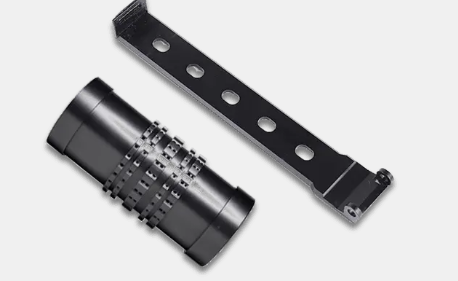Precision CNC machining and traditional machining are two different approaches to manufacturing parts and components. While traditional machining has been around for decades, CNC machining has emerged as a modern alternative in recent years. Here's a comparative analysis of both methods:
Automation and Precision:
CNC machining involves the use of computer-controlled machines that can execute complex operations with a high degree of accuracy and consistency. On the other hand, traditional machining relies on manual techniques that may not always produce consistent results.
Flexibility and Customization:
CNC machining offers greater flexibility and customization options, as it can quickly switch between different tooling setups and adjust production parameters as needed. Traditional machining may take longer to change the setup, which can limit the flexibility of the process.
Time and Cost:
CNC machining can be more expensive upfront, as it requires specialized software and equipment. However, it can save time and money in the long run by reducing the need for manual labor, minimizing errors, and improving efficiency. Traditional machining may be more cost-effective for simple or low-volume projects, but it may not be as efficient for more complex or large-scale production.
Skill and Training:
CNC machining requires specialized knowledge and skills to operate and program the machines. This means that companies may need to invest in training their employees or hiring skilled professionals. Traditional machining, while also requiring skills and expertise, may be more accessible to individuals with general machining knowledge.
Material Compatibility:
CNC machining can handle a wider range of materials, including plastics, composites, and metals, with greater precision and accuracy. Traditional machining may have limitations on the types of materials it can work with and the complexity of the shapes it can produce.
In summary, while traditional machining still has a place in the manufacturing industry, precision CNC machining offers several advantages in terms of automation, precision, flexibility, and material compatibility. However, it may require a greater investment in technology and skills to fully leverage these benefits.
